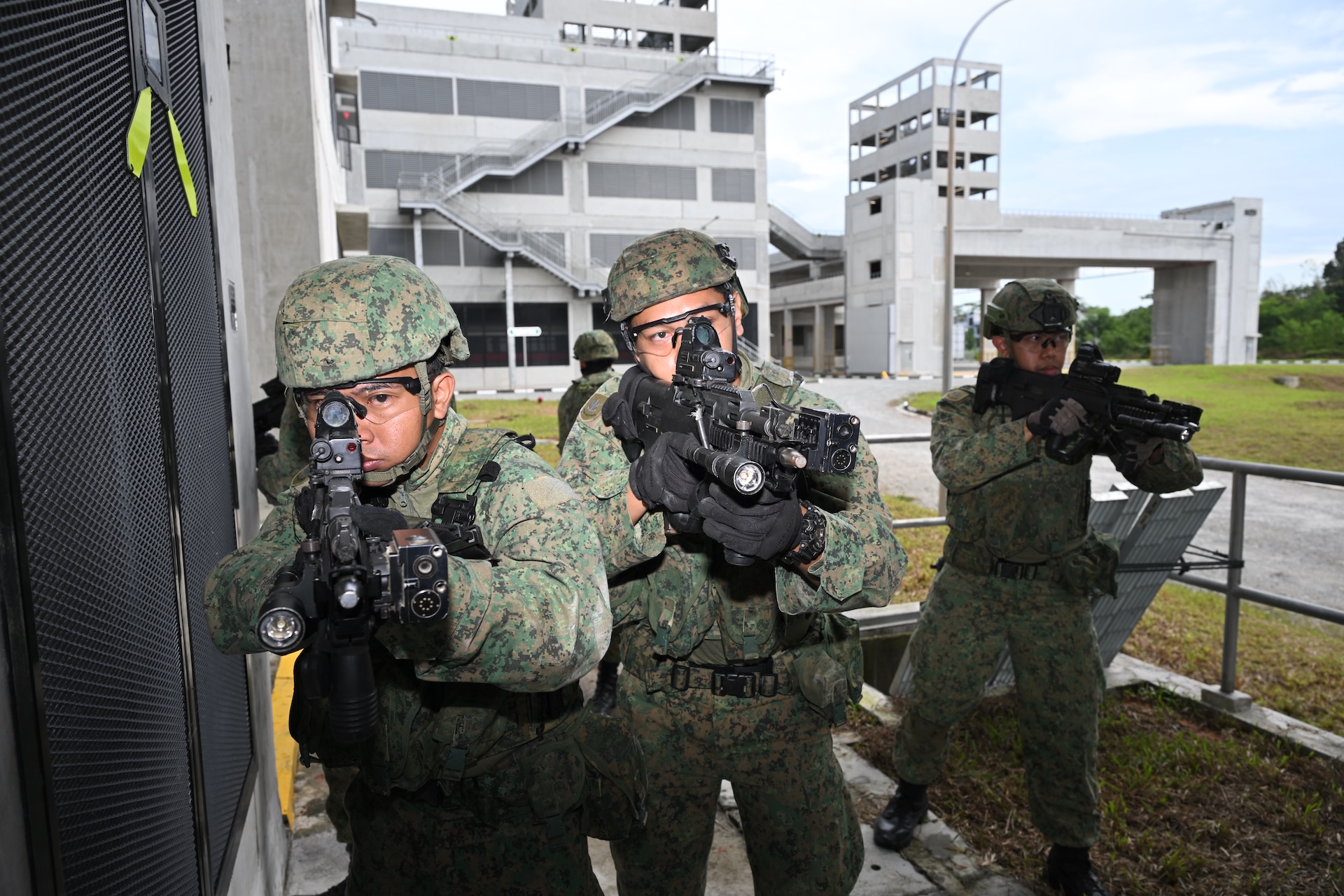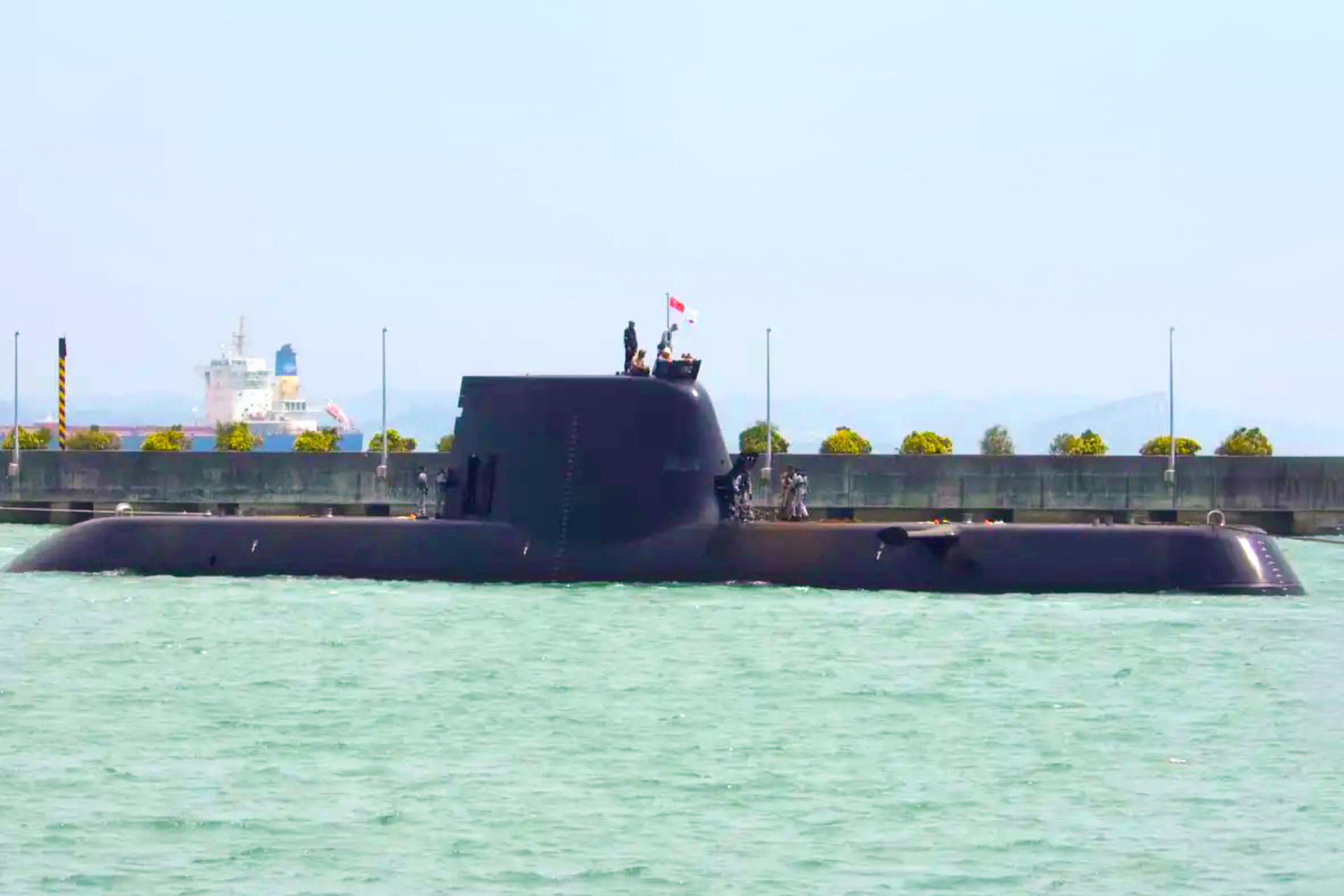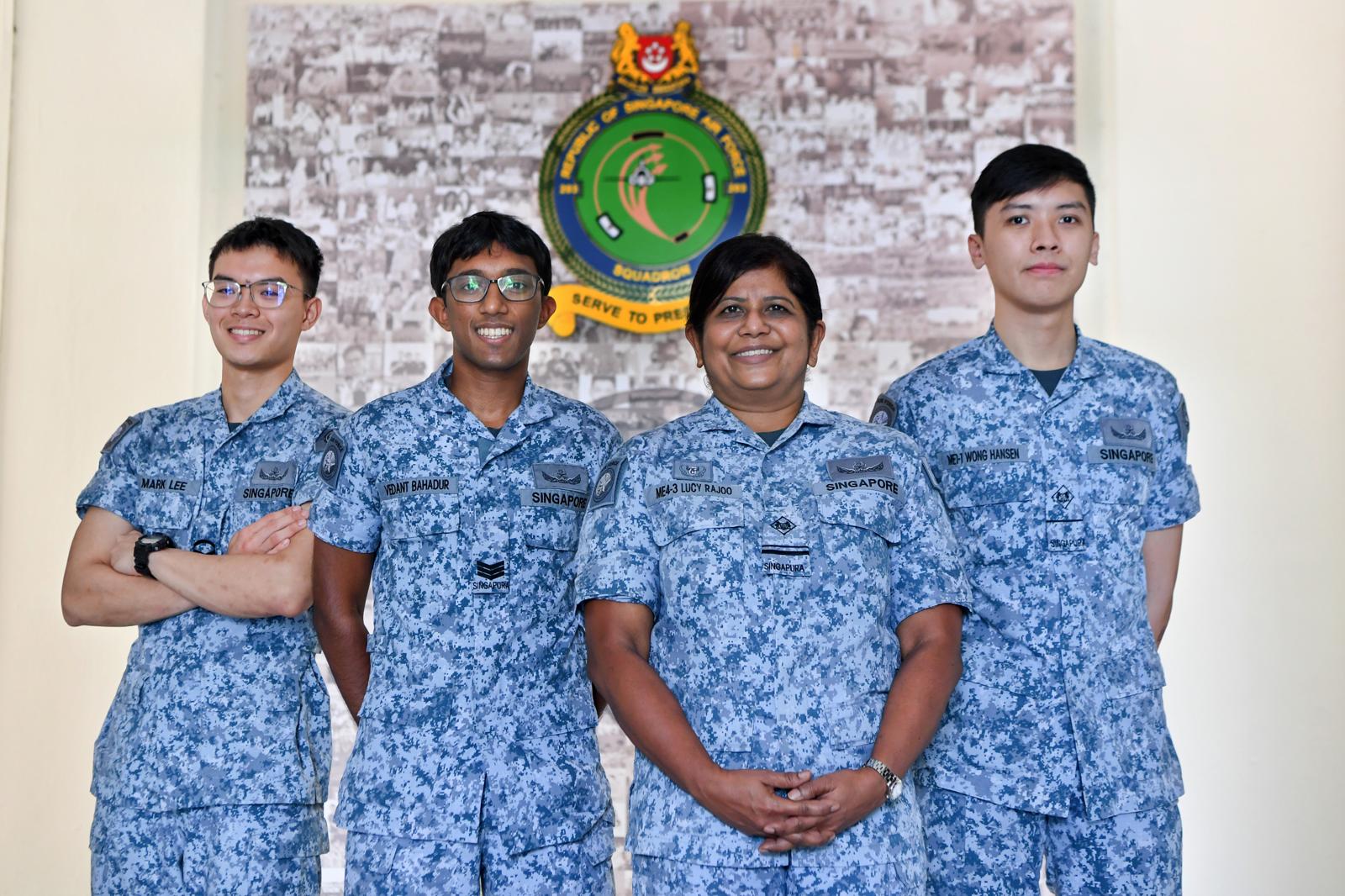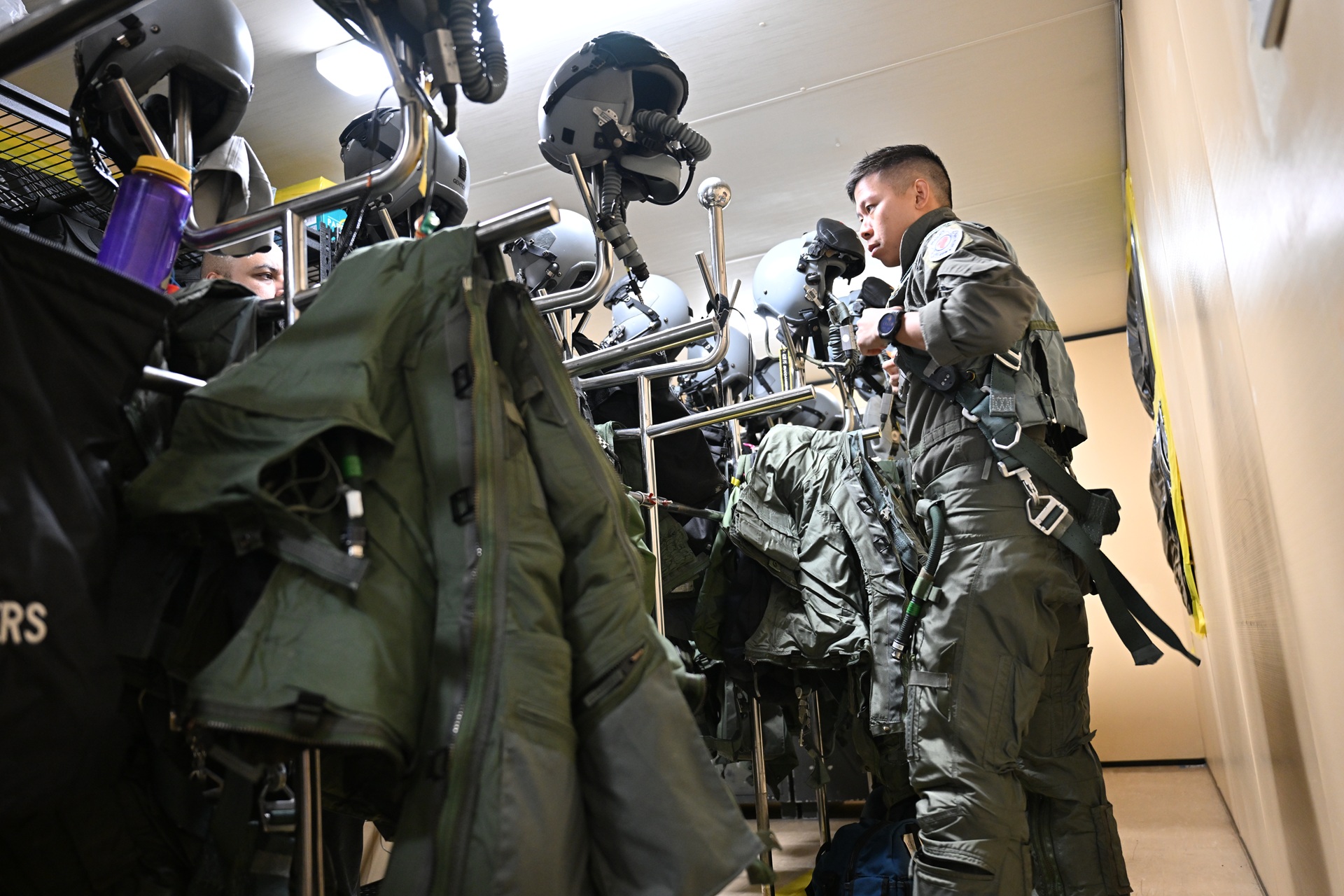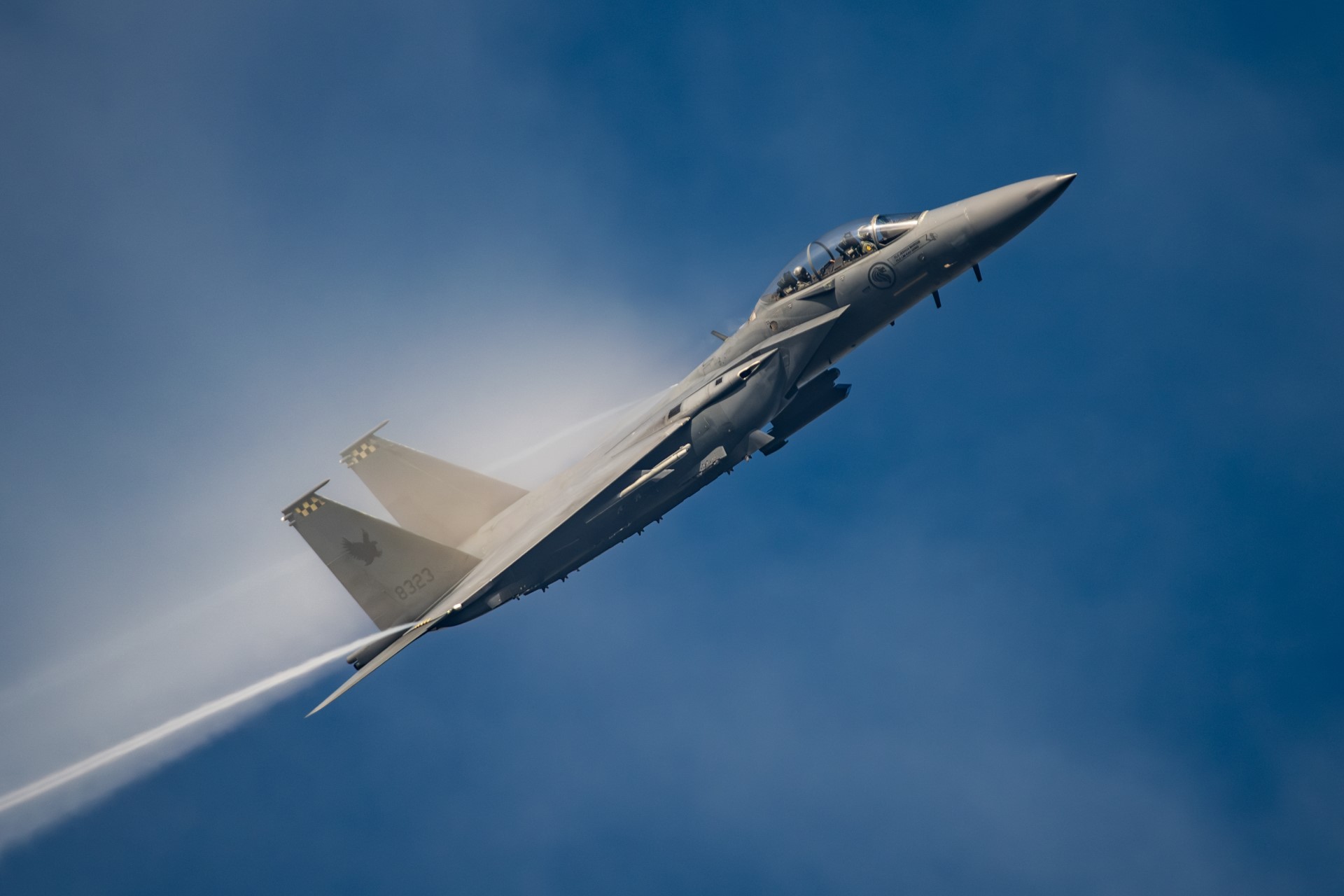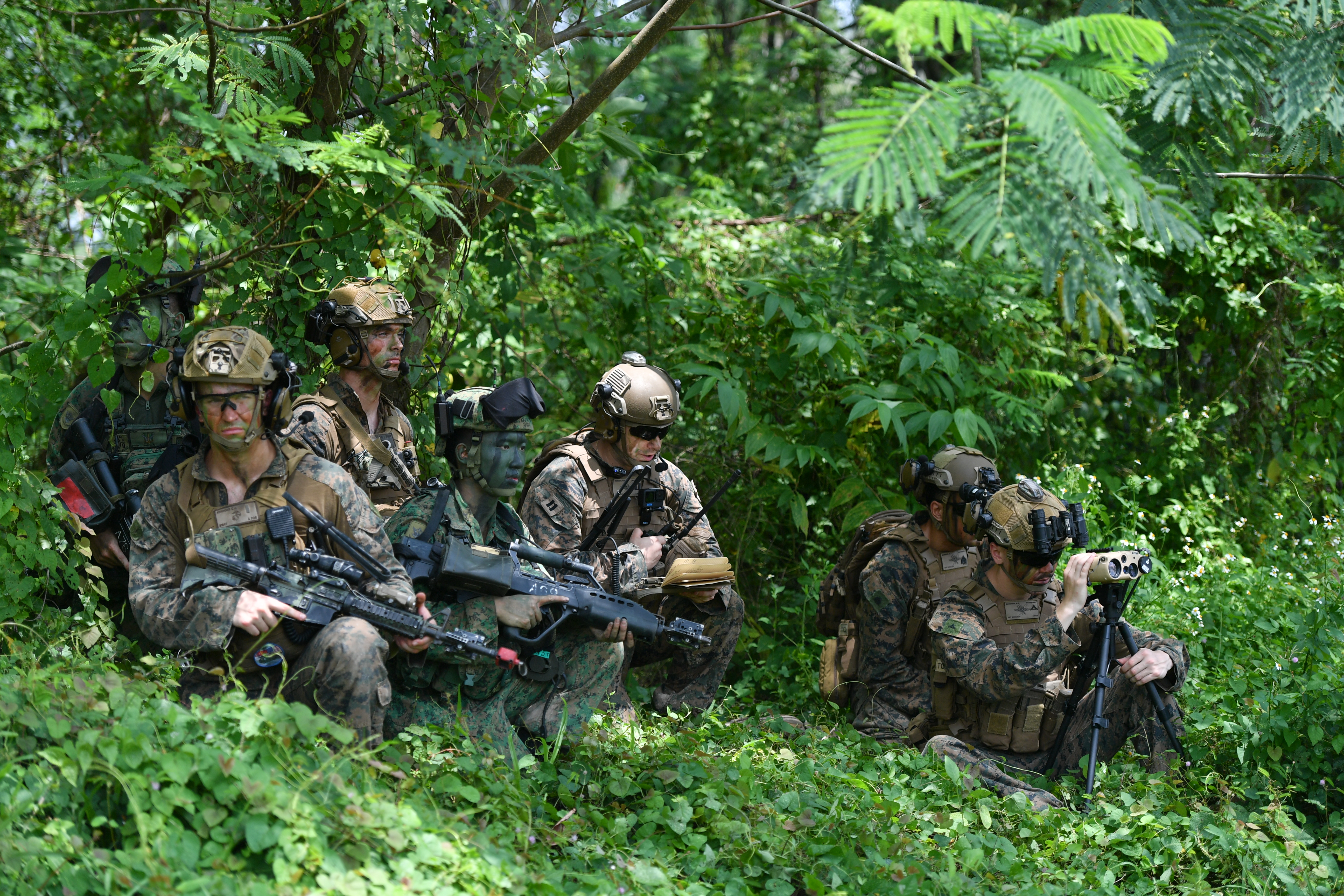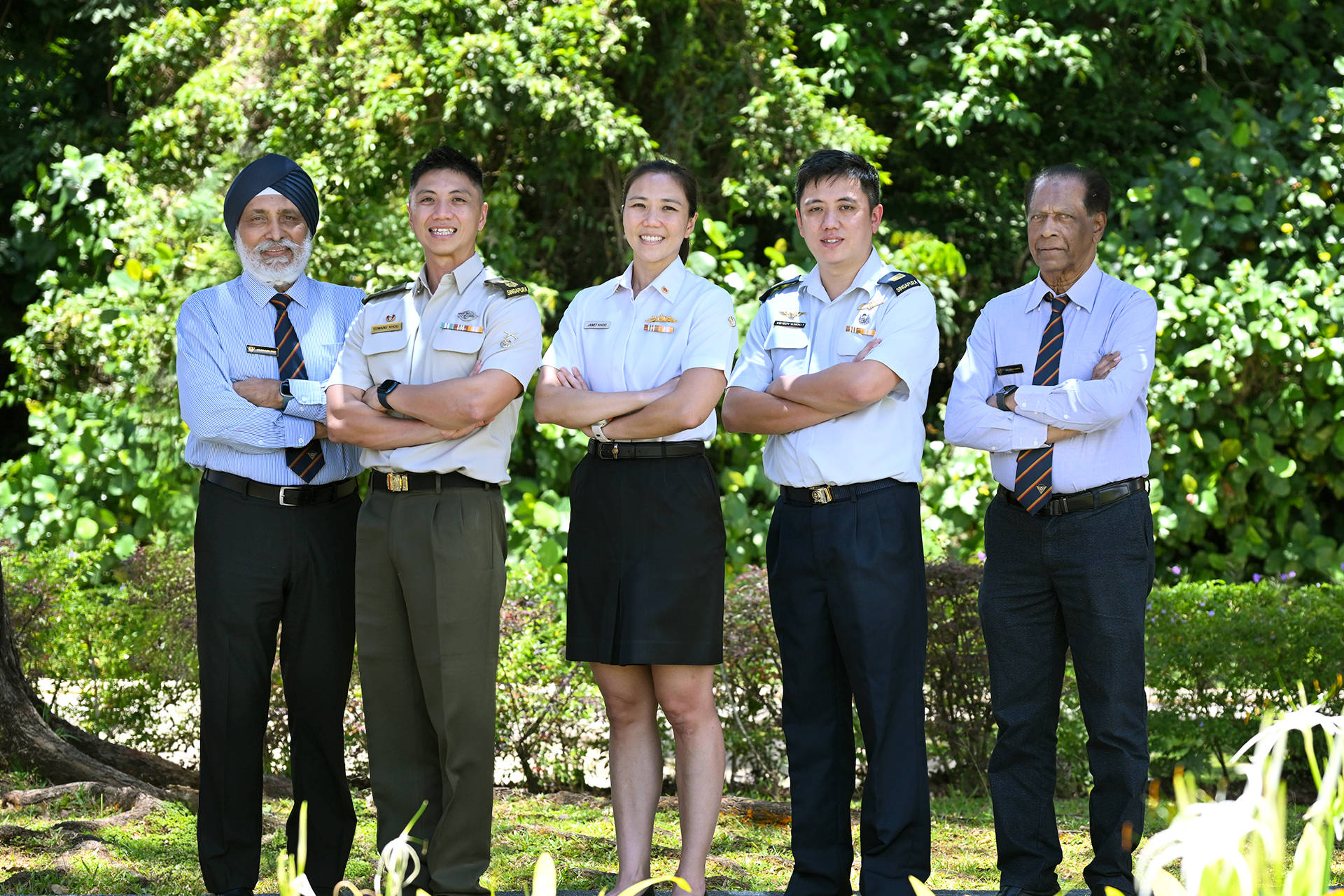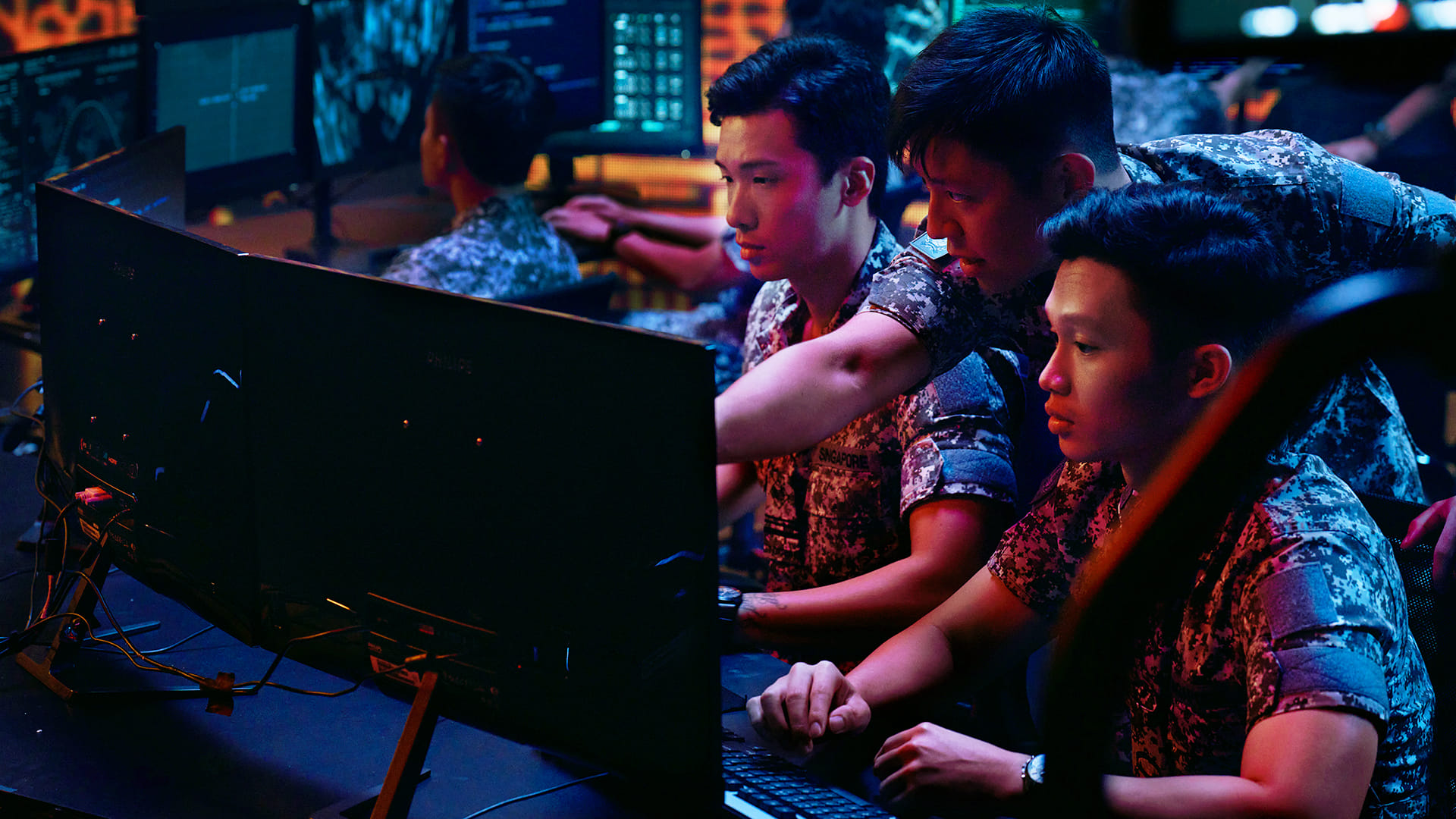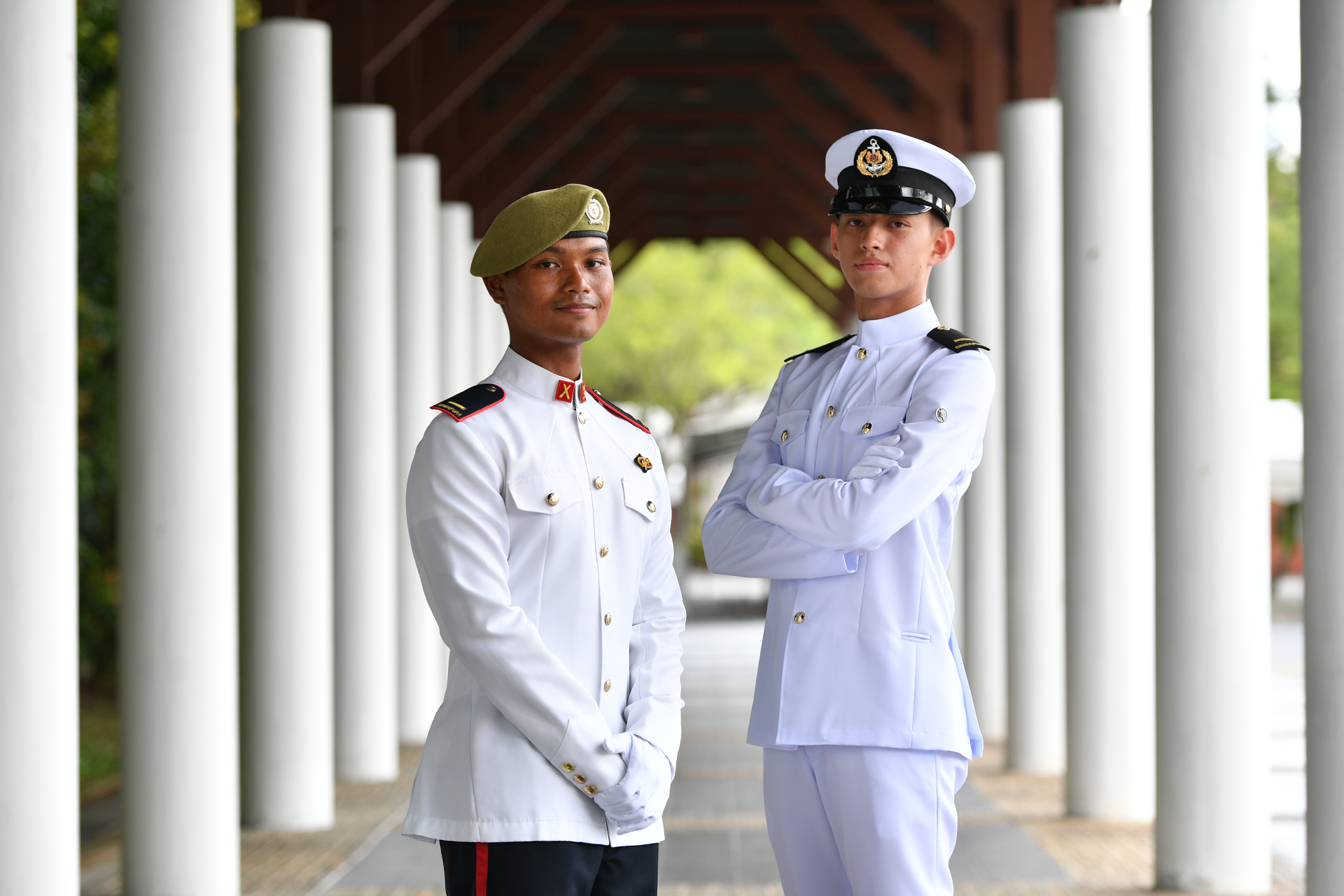OPERATIONALLY-READY HEALTHCARE
PHOTO // Lim Teng Yao
When Singapore Armed Forces (SAF) Medical Corps members take part in disaster relief, they have to understand local culture and conditions, as well as co-ordinate with other humanitarian agencies and organisations.
Chief of Defence Force Lieutenant-General (LG) Ng Yat Chung said this at the opening of the 7th SAF Military Medicine Conference (MMC) on 15 Feb.
This year's conference focuses on military medicine in operations other than war (OOTW), which is particularly relevant in the light of the South Asian earthquake and Indian Ocean tsunami in 2004.
LG Ng said the healthcare workers involved in such humanitarian missions must look beyond their individual perspective and desire to help, and see their role in the larger scheme of things and adapt quickly to the environment.
"They will need to understand the local culture, prevailing medical practices as well as limited resources available for providing medical assistance," he said.
At the organisation level, the SAF must continue to define its niche in developing its humanitarian response team, rather than to compete with non-governmental organisations (NGOs) in areas where the latter already have well-defined strengths.
"The organisational structure and the strong logistics capability of the SAF allow it to fulfil a niche role in the early response phase of disaster relief, bridging the gap until more established NGOs can take over and provide more sustained support to the affected communities," he explained.
The MMC aims to share knowledge and valuable experience in military medicine among participants from the SAF and delegates from the region.
During the three-day conference held at Nee Soon Camp, local and foreign subject matter experts will share their experiences on topics related to humanitarian assistance and disaster relief (HADR) and peace support operations (PSO), with the emphasis on medical issues and their relevance to the overall mission objectives.
"It is clear that, while all our armed forces train and equip for war, we are very often called upon to manage and assist in humanitarian assistance and disaster relief operations because of the high level of logistics readiness requirements and because we have high-quality and well-trained people," said Chief of Medical Corps Brigadier-General (Dr) Wong Yue Sie, in his welcome address.
"I hope the conference will provide an opportunity to improve the understanding between our armed forces as well as to build friendship that will be increasingly important in this era of multinational responses to large-scale emergencies," he added.
